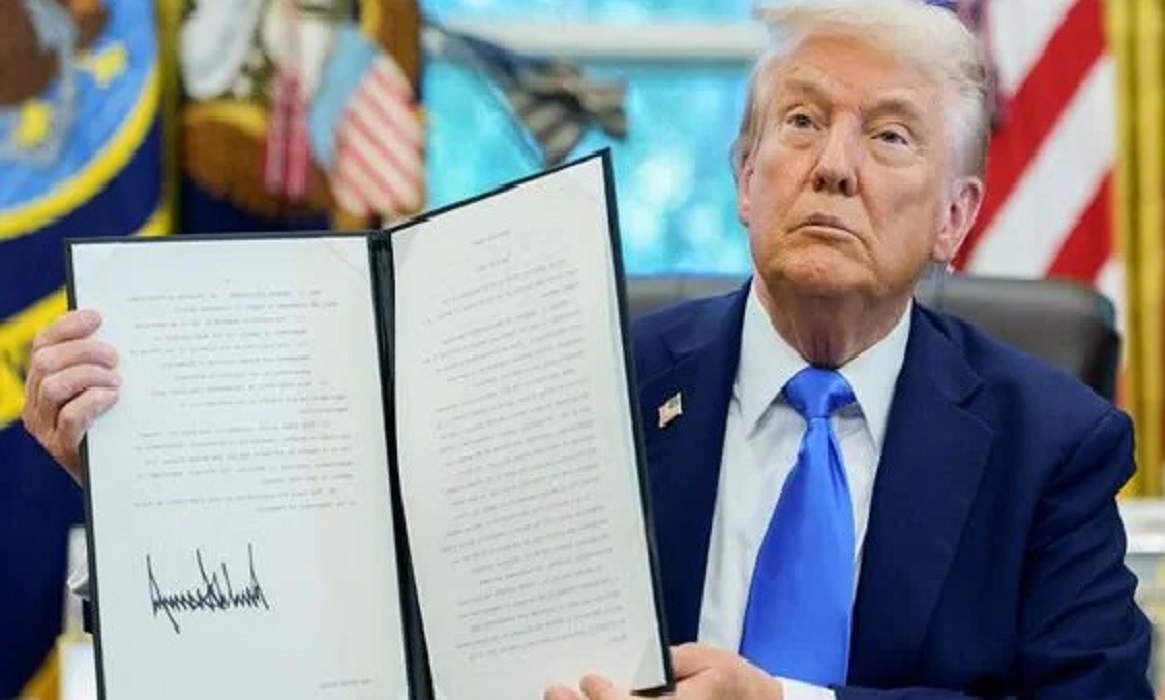Immigration Lawyers Say Trump’s H-1B Visa Fee Hike Likely to Face Legal Hurdles

Immigration attorneys in the U.S. are expressing strong confidence that the newly announced $100,000 fee for applicants under the H-1B visa program will be challenged successfully in court. The fee, introduced via presidential proclamation, applies only to new visa petitions and has sparked immediate concern among employers, foreign professionals, and advocacy groups.
The proclamation mandates that employers pay $100,000 per petition starting September 21, 2025, for new H-1B applicants. It excludes current visa holders and those whose petitions are pending or have already been approved. The policy also includes a provision for “case-by-case exemptions” in matters deemed to be in the national interest, though details on what qualifies have not yet been clarified.
Legal experts have already flagged possible constitutional and statutory issues with the fee hike. One prominent attorney emphasized that the President lacks authority to impose such a steep fee outside the bounds set by Congress. She argued that historical precedent limits visa fees to amounts permissible for administrative processing and not for broader economic deterrence or policy enforcement.
The South Asian Bar Association of North America held an emergency webinar in response to the fee policy. Lawyers participating in the webinar advised foreign nationals with active H-1B status to avoid leaving the U.S. amid uncertainty, citing the risk that they might not be able to re-enter if subject to newly imposed requirements. They also urged those outside the U.S. to tread carefully and explore visa pathways or exemptions available.
Among those raising objections are organizations representing healthcare professionals and researchers, who worry that fields already facing worker shortages will be hit hard. Some medical professionals pointed out that the undefined nature of national interest exemptions could leave essential roles without needed protection.
Attorneys anticipate that lawsuits to block or delay enforcement are imminent—likely including requests for temporary restraining orders. They argue that without judicial intervention, the fee could impose unreadily absorbable costs on employers, especially smaller businesses, and fundamentally shift the purpose of the H-1B program.
The broader implications are already being felt. Foreign students, tech workers, and companies reliant on H-1B labor are scrambling to understand the new rules. Meanwhile, observers are watching whether legal challenges will reach higher courts, perhaps even the Supreme Court, to clarify the limits of executive power over immigration and visa fees.












